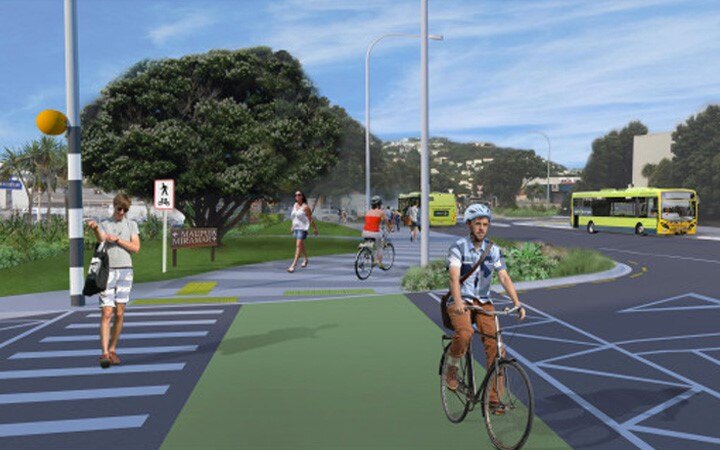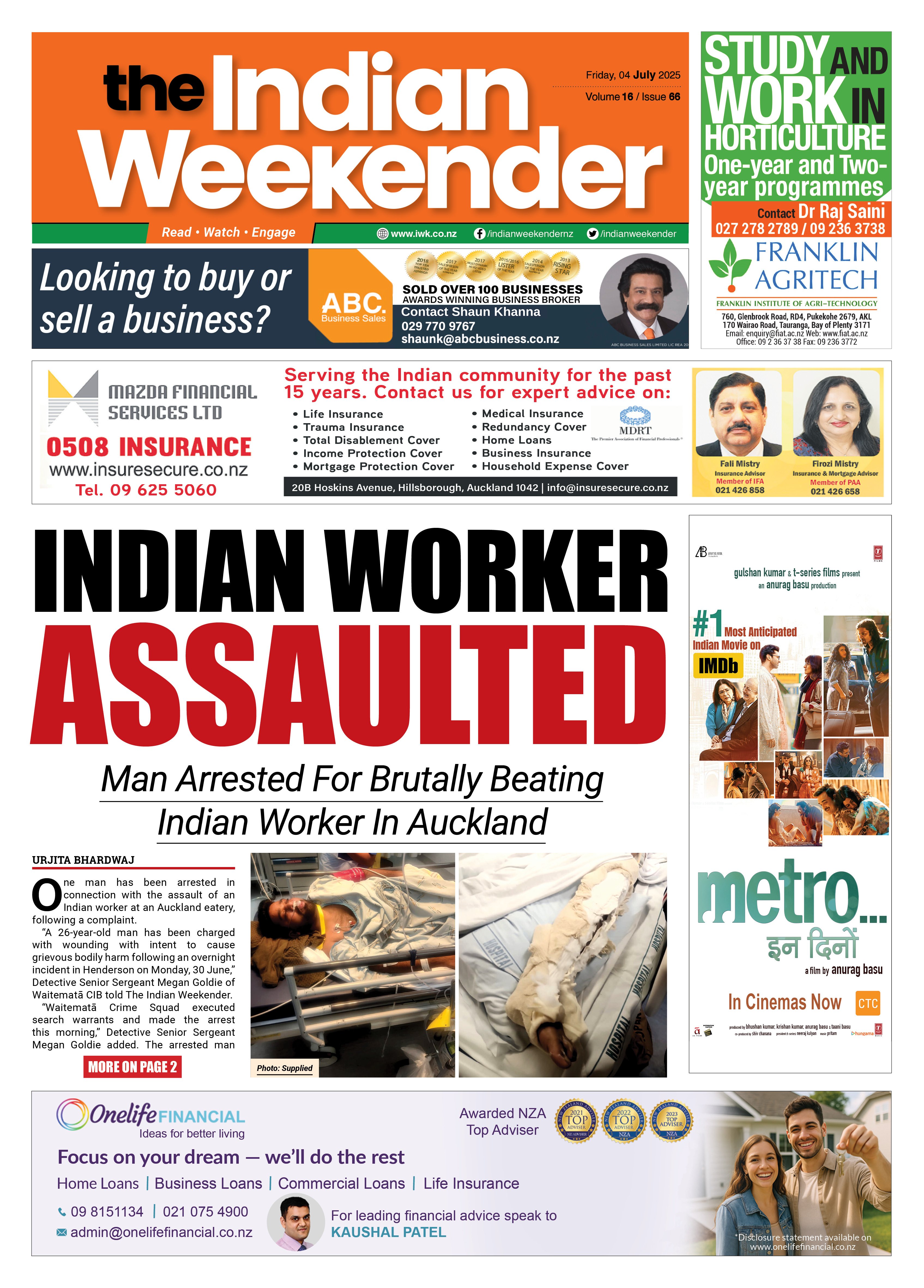Wellington’s planned traffic changes worry local businesses

Small business owners of Newtown, an ethnic business hub of Wellington, are worried they will lose the open space parking in their neighbourhoods that are critical to their businesses when the Wellington City Council rolls out its new suburb-to-city routes, which promotes the use of cycles and buses to get around.
Newtown is a key component of the Council’s bike network project that aims to take Wellington to a greener, carbon-free future. Preparatory work to change the layout of the streets has begun, according to some retail outlet owners.
Dairy and other small business owners in the suburb shared their concerns with Indian Weekender over the potential threat to their businesses once the streets are re-designed and parking spaces turn into cycle lanes.
“Work has started in parts of Newtown and businesses are preparing to close as a result,” said a store owner on condition of anonymity. Customer flow to the business outlets will be severely affected when vehicles are no longer allowed to park in the streets, they fear.
“There is a good mix of ethnic communities in Newtown,” one store owner pointed out. “People from China, India, the Middle East, Thailand, you name it. They have been around for years but are now planning to shut down their business and move out.”
The fear is that the patients and their families visiting the three hospitals in the area, and who are the lifeline for local businesses, will have no parking space when the cycle lanes become operational. Thus, a vital source of revenue for local businesses will dry up. “These people don’t use cycles,” an irate restaurant owner observed.
A signature campaign has been under way to drum up support for an online petition submitted to the Council. The petition calls for halting the roadworks and maintaining the status quo with respect to short-stay parking spots and loading zones. The businesses directly affected by the street changes are demanding to be consulted by the Council prior to implementing its cycle network plan. They also want the Council to examine alternatives to reduce the impact of the Council’s plan on local businesses.
Local business owners are sceptical of the one-size-fits-all approach adopted by the Council. Every suburb in Wellington has its distinct identity, they argue. “What’s good for one suburb may not work for another,” a retail outlet owner pointed out.
Councillor Iona Pannett, Chair of the Council’s Planning and Environment Committee, agrees the changes may not sit well with everybody. “Council acknowledges that some of these changes will be challenging for businesses. We are working intensively with a number of business owners to understand their specific needs and will be doing everything possible to respond to their feedback,” she told local media.
While this suggests a consultative process is in place, business owners in Newtown appear to have a different experience, as set out in their petition before the Council.
The Council’s approach, based on its public pronouncements, is primarily to see how the bike and bus lane changes are received by the locals in different neighbourhoods and fine-tune them based on feedback. The plans are inspired by similar ones adopted successfully in other cities such as Sydney, Melbourne, Barcelona and Paris.
Work on the Newtown to city route is slated to proceed in right earnest between April and July, though the spades hit the ground from early March.
But while the streets of Newtown and other suburbs are overhauled to take Wellington into a greener, emissions-free future, the Council may need to ensure that local livelihoods are prioritised and protected on a par with the environment.







Leave a Comment